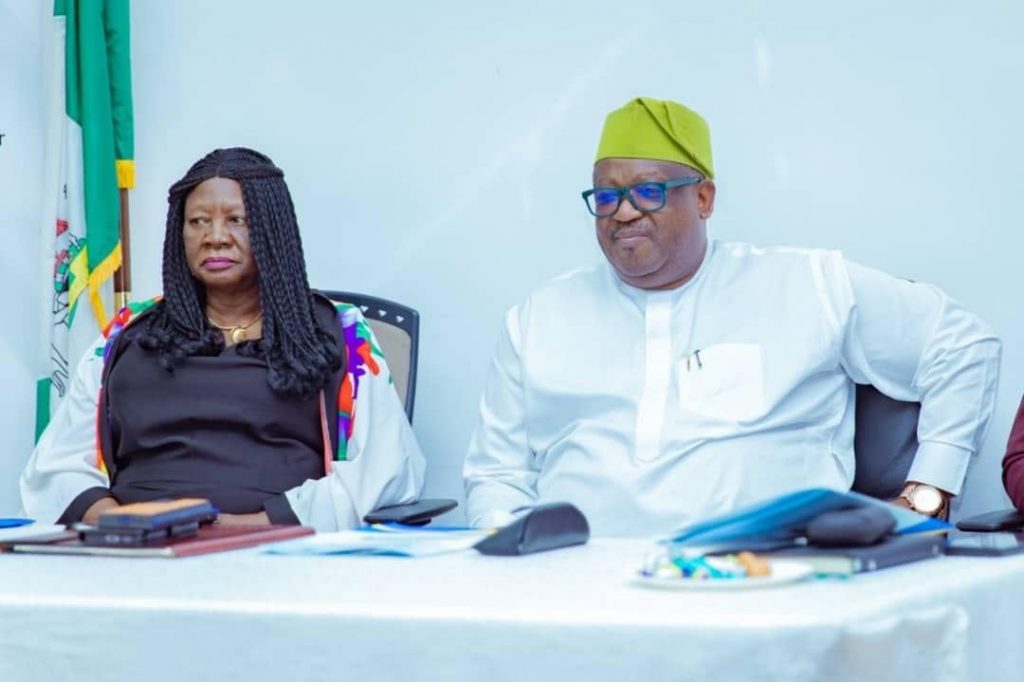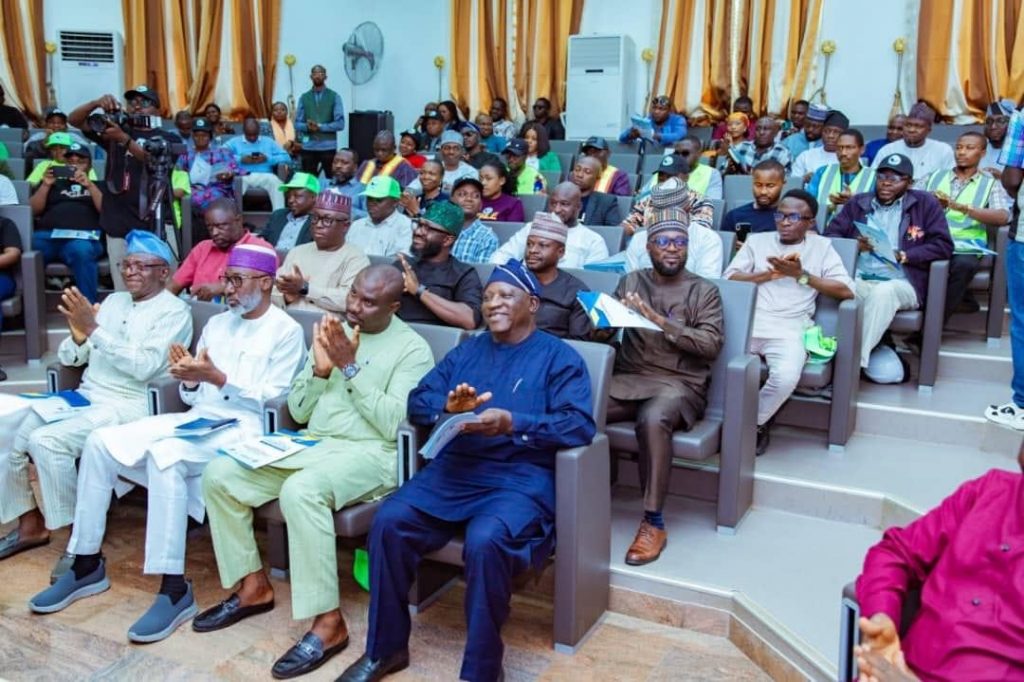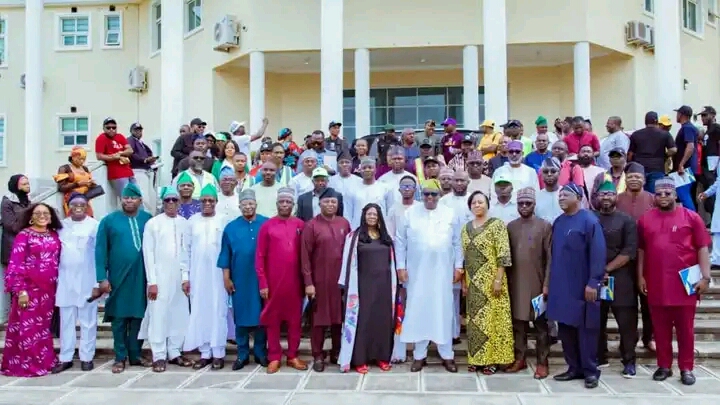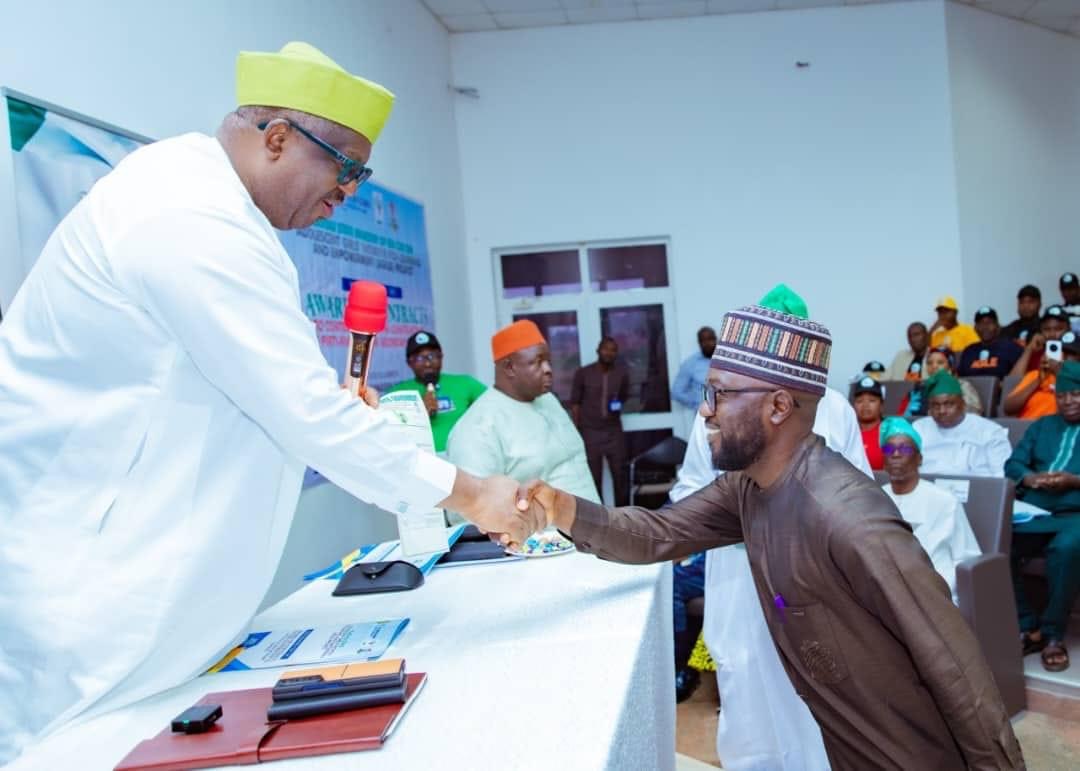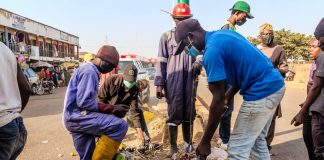In a significant push to improve the quality of education in Plateau State, Governor Caleb Manasseh Mutfwang has approved the construction of 55 new secondary schools, underscoring his administration’s commitment to fostering a better learning environment for students.
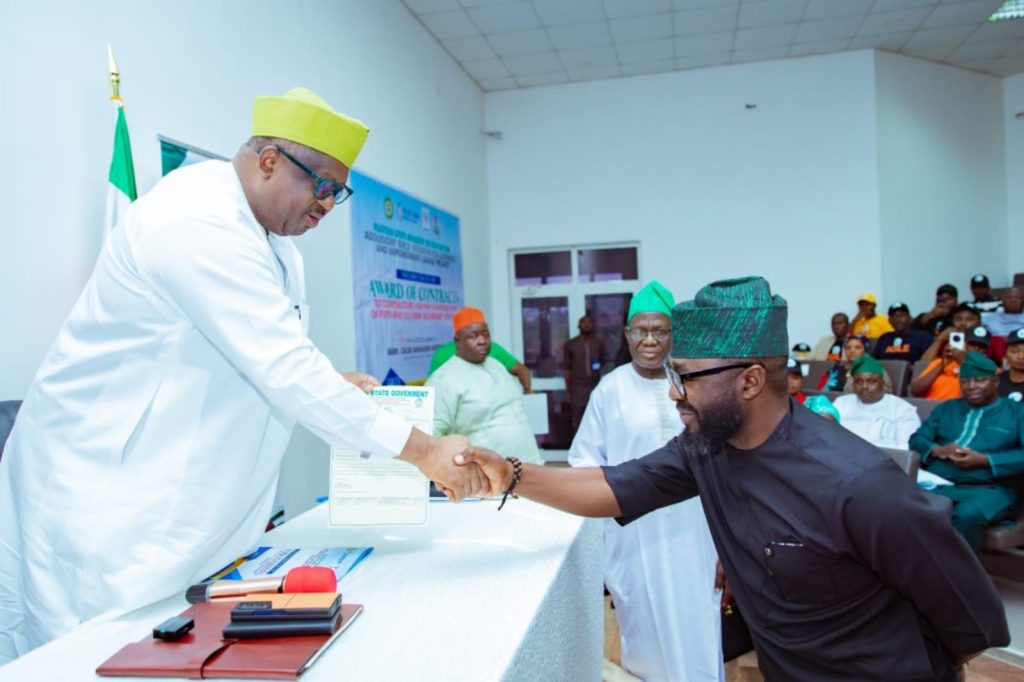
The contract signing, held at the Twin Theatre in the New Government House, Jos, was a pivotal moment in the Governor’s strategy to elevate the state’s educational infrastructure to meet international standards.
This development was announced by Gyang Bere, Director of Press and Public Affairs to the Executive Governor of Plateau State.
Governor Mutfwang emphasized that the new schools, part of the World Bank-funded Plateau State Adolescent Girls’ Initiative for Learning and Empowerment (AGILE), will serve as benchmarks for future educational projects. He highlighted the importance of empowering girls through education, noting the broader societal benefits of such an investment.
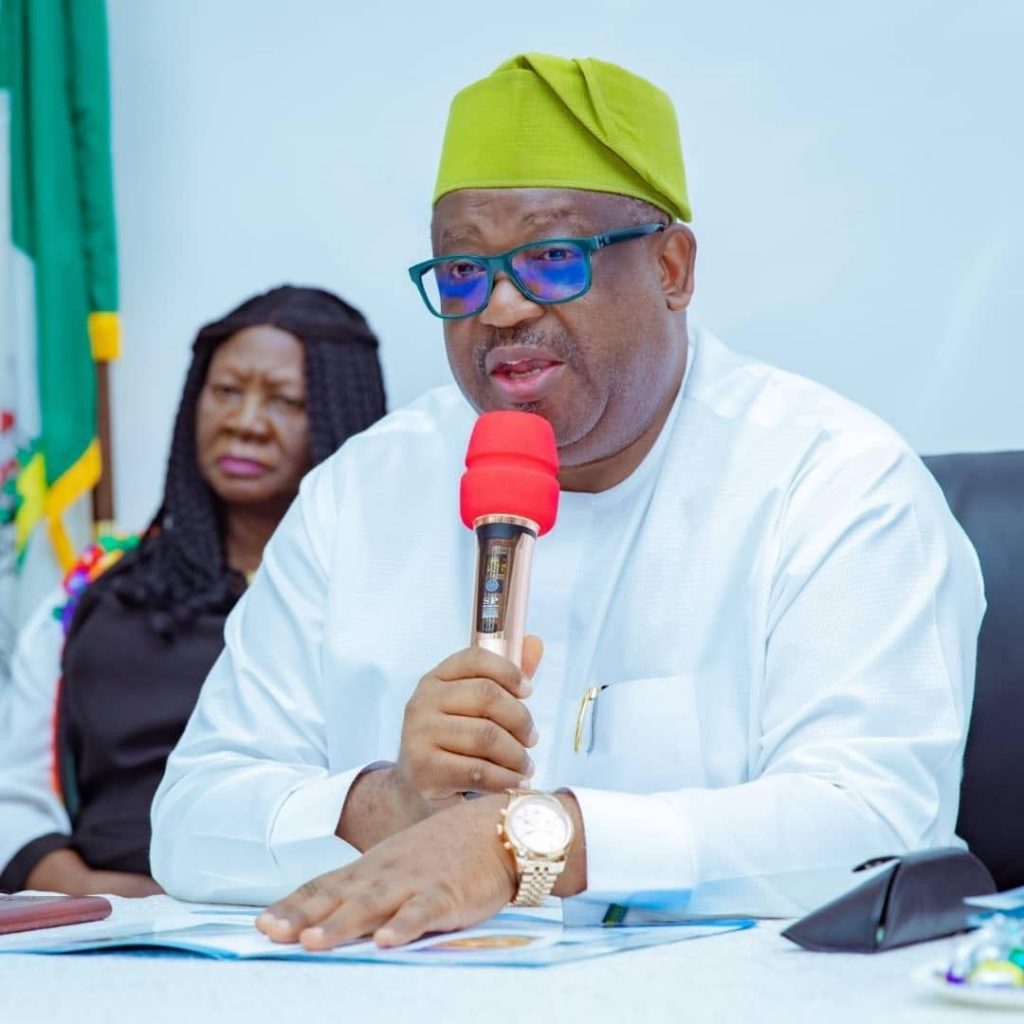
At the event, the Governor issued a stern warning to contractors, insisting on the highest standards for the construction projects. “We expect nothing less than excellence. Our monitoring systems will ensure compliance, and when the World Bank evaluates our work, we will not fall short,” he stated.
Governor Mutfwang also reminded contractors that the funding for these projects is not a free grant, urging them to meet the set building standards and deadlines.
Commissioner for Secondary Education, Mohammed Nyalun, expressed appreciation to the World Bank, the Federal Government, and Governor Mutfwang for their roles in initiating the project. He emphasized that this initiative is crucial for providing every child in Plateau State with access to education in a conducive environment.
Shirinkpo Maina, Project Coordinator for the AGILE initiative, detailed the project’s goals, which include the construction of 35 Junior Secondary Schools and 20 Senior Secondary Schools. The initiative is designed to ensure that all children in Plateau State, regardless of their background, have access to quality education.
